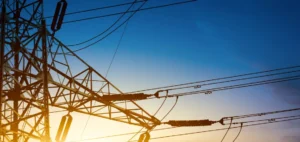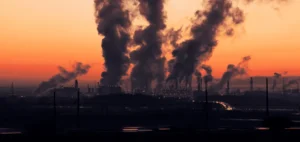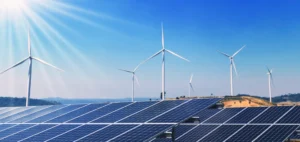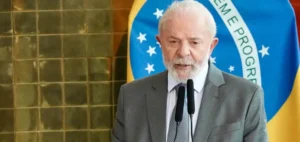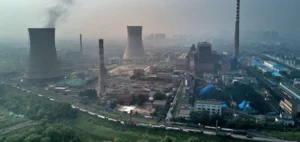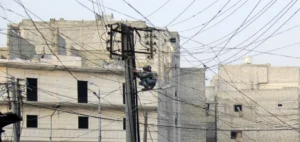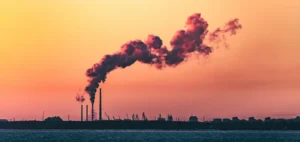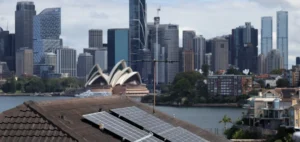The banking group BPCE, parent company of Banques Populaires and Caisses d’Épargne, was ranked 18th out of 20 major European banks assessed for their trajectories towards carbon neutrality, AFP reported on April 28. This ranking comes from a study published by the non-governmental organisation Reclaim Finance, specialised in the analysis of climate policies in the financial sector.
Support for coal denounced
According to Reclaim Finance, BPCE stands out for its “bad practices,” notably persistent support for fossil energies such as coal, and a “complete ignorance of biodiversity issues.” This evaluation comes at a time when major financial institutions are increasingly called upon to demonstrate tangible commitment to the energy transition. BPCE disputed the study, stating in a declaration sent to AFP that its environmental actions are “concrete and transparent,” while regretting “omissions and oversights” in the analysis carried out by the NGO.
Comparison with other French banks
The majority of other French banking groups appear in the top half of the European ranking. La Banque Postale ranks first, while BNP Paribas, Crédit Agricole, Société Générale and Crédit Mutuel are respectively ranked third, sixth, seventh and eighth. However, Reclaim Finance points out that despite some positive initiatives, none of the French banks presented a climate strategy considered fully satisfactory.
A context of revising climate ambitions
The study comes in a context of retreat from climate commitments internationally. The banks that are members of the Net-Zero Banking Alliance (NZBA), a carbon neutrality initiative supported by the United Nations (UN) and launched in 2021, have recently relaxed their commitments. During an update in April, binding terms such as “guidelines” and “requirements” were replaced by “orientations” and “recommendations,” thus diluting the initial objective.
Revised climate objectives
At the same time, the ambition to limit global warming to 1.5°C by 2050 has been reformulated to target an objective “well below 2°, striving to reach 1.5°.” This revision comes as the political situation in Europe and the United States complicates the adoption of ambitious climate measures in the financial sector.













